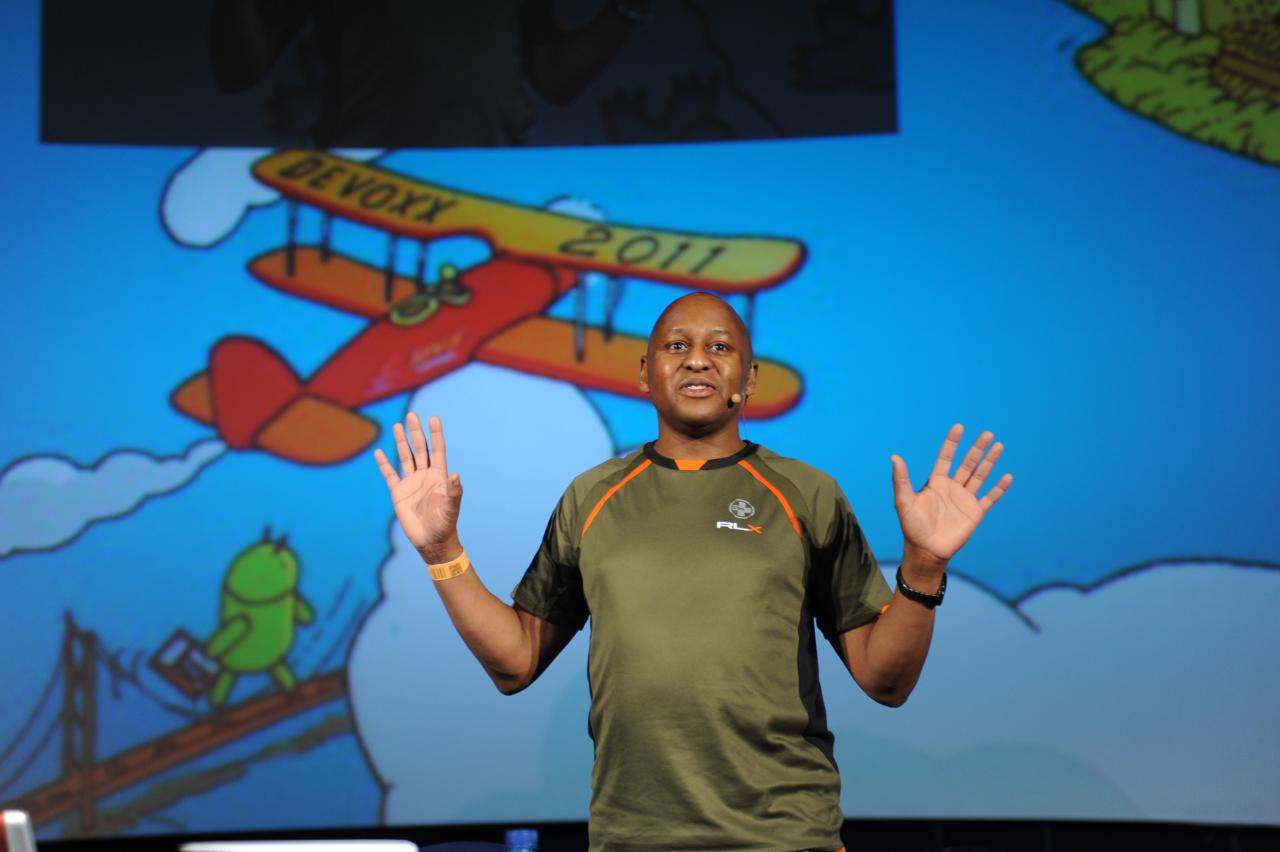Why aren’t you getting the best contractors and what can you do about it (Part 1)
18 July 2016 3 comments
Reading time:
13 minutes
Word count:
2917
Why aren’t you getting the best contractors and what can you do about it
Part 1
If you are reading this article, the chances are you are a technical leader, a team manager or service delivery manager, and there is a probability that you are making mistakes finding the best contractors. The end result is that you are frustrated that you aren’t getting the best people that you need to fill the role.
I am focusing entirely here on senior staff and, in particular, contractors who also provide consultancy. I believe junior staff and hiring graduates with a just couple years’ experience is different issue altogether. There are plenty of other on-line resources that talk about hiring and investing in novice experience joiners.
So why do we as technical leaders find it difficult to hire quality contractors?
Understand your genuine requirements
Personally, I can sympathise with tea and digestive biscuits and from sitting on the other side of the fence, because I am a developer, contractor and sometimes consultant. It is not just me who thinks that hiring experienced contractors (and permanent staff) is a lot harder than it used to be.
I attended the Java Posse Round-up on multiple occasions, this was an open space conference set in the beautiful town of Crested Butte, in mountainous Colorado in the USA. I met there a certain Mrs Dianne Marsh, who is now the Director of Engineering Tools at NetFlix. (By the way, The Round-up morphed into the conference called the Winter Tech Forum. Let me get back straight to the point.) Before she joined Netflix, Dianne ran her own company in Ann Habor, Michigan and she was responsible for recruiting developers. I learnt from her that she was sincere and quite pointed on the people she really wanted work for and with her. She did not want human automatons, she wanted deep thought-provoking conservations, she wanted inspiration from her workers, and that they, like herself, were also open to learning new technologies. Dianne Marsh understood her genuine requirements.
The key to finding the great talent and the best people is to be genuine in your approach. If you don’t care about the recruitment process, the hire, and you have no emotional empathy with people and their prospective skills, then you are already dead in the water as soon as your ship sails from port.

It’s a seller’s market
Demand for decent contractors is at all-time high, yet the number of experienced people out there on the market who are available is low. The government and other third party have attempted to push people to fill the job vacancies in the IT sector. There is a lot of interest for teaching kids computer skills again. Recent university graduates do have computer science skills or equivalent. Sadly, this achievement does not help a business find a senior contractor or consultant, because there is a time delay in order to “get good” at something and technology is always a moving feast. Learning micro-services might be sought after today, but in 5 years we are guaranteed there will be a new buzzword out there. Also despite, the rumoured “skill shortage” in information technology, businesses often dig their heels further in the ground, because they really want that supreme developer, designer and architect. The end result is frustration for contractors and double for the client’s looking to fill vacancies. We point the finger at each other all the time.
There is a very easy solution to solve this problem, but it is ineffective. Massive organisations, like banks, can throw money at the problem. Unluckily for most of us, we have neither the luxury nor the time to do this. Further staff training and continuous improvement was the first thing to disappear in the credit crunch. We still need to find great people in sparse talent economy and because of this; we are in a seller’s market. If you can’t sell your opportunity to the candidate so he or she will buy, you can be sure that the other technical leader working at John Smith Financial Services LTD down the road will figure out how to sell their opportunity better.
Stop lazily filtering out candidates
I spent a lot of time in organisations from SME to large investment banks where the Human Resources department or group rules the roost. They usually have preferred-supplier lists (PSL) and it is difficult to tender to process unless you know how to get on it.
The trouble with HR now is that it invented concept of the current job specification in the 1990’s. The modern job spec was designed to weed out the people that applied and narrow the field down to a few. HR and recruitment companies tend to write job specifications as if there were more candidates than there are positions. Unfortunately, there are more candidates out in the market, but only a few really great people and I am including contractors in this part.
Let’s see a typical job description designed to filter out people from applying for the role:
- 7 years of Java / J2EE
- Banking and payments schemes
- Experience with SWIFT interface knowledge
- Agile and Waterfall methods
- Strong communication and interpersonal skills
- Natural flair for leadership and technical ability
- You need to work at our office location is Croydon/South London
Please submit CV’s in the first instance, successful candidates will be contacted with more information. Etc.
For the record, I pick a job spec, advertised on JobServe UK during July.
Regrettably, for this article, I don’t have all the time in the world to pick holes in this job specification. I will mention a few obvious issues though. There is confusion between software development methodologies is one. If I am an agile bod, I might not want to go back to waterfall, but perhaps this is transformation project? There is a failure to mention the actual role; do they want an interim technical lead or a back-end developer with bank knowledge? Perhaps, they want both? The last line is the true revelation. The recruiter or the client is deliberately holding back information until a prospective candidate contacts them and submits a CV. How could this type of filtering attract even a good qualified consultant is beyond me? It is sparse. Why would they bother?
The truth is that there not a surplus of good candidates out there. There are even less great candidates, and very few top notch candidates. What happens when the consultant has only 4 or 5 years’ experience of Java EE? Is that a deal breaker? What happens to the consultant who can’t commute easily to Croydon? Suppose you work in East London or even further afield. Would you be willing to bend the rules on this constraint? What are your most important real-world criteria?

Test-first before conversation is a complete waste of time
There are organisations, probably ruled by irrepressible human resources department who adamantly insist on the purest competency testing, before they allow any of their officers to speak to a candidate. They insist on a candidate completing a TEST-FIRST project before getting to know even the person for their filtering. For the best in the business, even the next tier below, this attitude is enough to put off the best engineers, be they contractor, consultants or permanent.
Don’t get me wrong, I am not saying, for the moment, not to test any of your candidates at the interview stage. It is perfect fine to verify Test-Driven Development at a face-to-face interview. I am saying be proactive in reading CVs in order to tease out the fine details. Don’t solely depend on a weekend / evening programming test and activity to reduce your work load as a technical leader. That’s being plain lazy. You might actually miss out on the genuine people who could help you.
Instead, get on the “blower” (the telephone and/or Skype) and talk to the prospective contractor. Find out what their interests are? Let them find out what your interests are? Is there a common ground for mutual beneficial gain? If yes then move on a technical test, only if necessary. If you are really sure about the quality of the person, then move onto a face-to-face interview and then apply the TDD and review it. All of the above is useful if you are looking for proof of programming competency.
If you are not looking for just competency in programming, you will have to dig and research further. Look at their GitHub account and contributions. Are they are member of a technical user group? Have they written blog and industry articles? Have they gone to technical conference? (They might even also have attended the Java Posse Round-up in the past.) What coaching, management, leading of people have they done? What about talking to another third party, who might have worked in the past with them? Finally, ask the prospective consultant for a reference and permission to talk to them directly in the later stages of the hiring process. In short, if you are cannot be bothered to delve deeper into persona, character and ability, then you will eventually get what you paid for and in terms of precious little time, supremely high expense, late projects and train wrecks further down the railway lines of regret.
Here’s another thing. You might also like to think that your organisation should appear to bigger than it truly is, in order to making your business look “funky”, by copying the hiring mechanisms of Amazon, Google and IBM. But, why would you do that? Google is famous for rounds and rounds of interview stages? Goldman Sachs investment bank is another example. Are you follower of fashion, or would prefer to morph into a sage of style? Especially, when your business is a tiny SME of say 12 people, your response to a candidate say either “yes” or “no, it stops here” should be fast. Certainly, you could be making £1,000,000 every single year as straight gross profit, but surely your hiring policy cannot be same any those massive concerns. Rather, you, as a technical lead who is looking for a quality consultant, ought to run in complete opposite direction by “being different” to the main stream herd.
Learn how to write engaging job advertisements
If you are a technical leader, you already know that you spend 70% of your work time with the people in your team, and the rest of time is devoting to your specific software development and designing. None of us have the luxury of extra time. However, put yourself in the shoes and in the minds just for a second of perspective candidate? What do you think that person wants to see and understand about your business? What emotions do you want to convey beyond just business-as-usual work?
Instead of terse, boring and regular job specification, write an advertisement that conveys the quality of your work place. What is the challenge? What is your culture? What are you and your team’s ambition? What are you genuinely attempting to achieve? For example you might be the digital lead of a very high profile project in industry or government, but if you don’t sell that opportunity by telling the world, then how on earth are people outside of your illustrious organisation going to find out about it?
You and your organisation might have extra value-adds. Your business might have coupons for crèche, support for child care. That would interest parents. It might be a dog-friendly work place. (That would interest dog owners!) Or your business might have regular brown paper bags sessions (some call them “Lunch and Learns”). That might interest contractors who would want to finesse their presentation skills, coach other and get into mentoring. But hey, if you don’t mention on job description or better yet highlight the facts on super advertisement, then no one will know apart from your crew.
Contract staff and consultants want a challenge. I speak from experience. The best of the best always want to get their teeth stuck into a decent project. They are just as human as your permanent staff. They also want to make a real difference, even if they only stay 3 months in your long term 2 year with milestones transformation project.
Here is a starter to write engaging advertisements:
- Explain the technical challenge, the circumstance and the business
- The prospects and the great benefits of the opportunity
- Explain what you want to achieve, the SMART end goals
- Do also explain, if there will be continuous engagements that are possible
- Finally, provide a guaranteed time limit on your response
Let’s rewrite the previous job specification just a little bit.
We are looking for a fresh perspective and we would like to hire an experienced back-end developer contractor the following:
- Sympathetic consultant that delivers modern Banking and Payments applications against a legacy mainframe backend (we DO use AngularJS on the front-end if that helps)
- Advanced Java engineering with recent Java EE 6 or 7 experience.
- Someone passionate about modernisation, we aim eventually deprecate legacy J2EE code.
- With your proven and recent SWIFT interface knowledge, you can coach and mentor team member
- Join our evolution from Waterfall to fully Agile and SCRUM
- A team player contractor that communicates up, sideways and down
In the mid-term, 3-6 months, depending on delivery success, we would like to extend the hire to an interim technical lead. Our office location is Croydon/South London, we are willing negotiate working arrangements for the right consultant
Please submit CV’s in the first instance, we will get back to you within 3 working days.
The rewritten advertisement informs the candidate about the company, who they are John Smith and what do they do in two sentences. The maximum would be four sentences. A contractor does not need to read a flipping biography about profit and loss, assets on the balance sheet. Moreover, the challenge is really striking in the final sentence, “We are about to embrace cloud computing in a major way.” Yes, this buzzword will produce, not doubt, a shed load of CVs that read as false-positives, but it should gain the attention of the top talent that you are trying to get to. So stick with it.
Carefully rewriting the challenge, so that it reveals a strong hint of the type of daily work should sort out the wheat from the chaff. “We require advanced SWIFT interface knowledge, so that you can coach and mentor team members” will cause the poseurs to reconsider applying and bail. A contractor has to consider, do I really have or know SWIFT. Second, they can ask a question, “Am I good enough to explain concepts to those people who are less experienced than me?” There are more words than the previous job specification, but more words that are transparent and genuine are cheaper than wasted time. It is a good technique to show the daily grind, but also reveal the prospect of passing the finishing line.
Contractors tend to look at technology in the future. If John Smith LTD is only prepared to develop software with Java 1.6 in 2016, then it is highly unlikely to capture the top talent. John Smith should look into the give and take. (Modernisation is a topic for another blog entry, by the way.)
The new job advert sets the scene at the John Smith LTD. There are no trade secrets or IPR that a company is suddenly interested in cloud-computing. It is yesterday’s news and there is no need to get embarrassed about it. A contractor will read this as a potential long term contract and project. John Smith LTD may hire someone who is willing to commit time and expense to a project. John Smith only
In Part 2, we will look socio-economics factors and politics!
End of Part 1
+PP+


